
Macau
Living Here
Macau is exceptionally small, about 28 km square, but has a population of 600 thousand. the housing price is quite expensive. Compared to mainland China, Macau offers much higher salaries. An ordinary clerk in a small company or shop can get 1,3000 mop per month. But if you work in a casino in a management layer, you can get 5,0000 mop (6250 USD) or more per month. If you are a teacher in college for the first year, you can get 3,0000 mop per month.
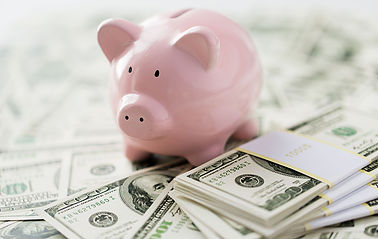
Cost of living in Macau
From clothes to food, buying things that are produced more locally could actually turn out to be quite a bargain. If you’re at a fabric or farmers market, it’s also common to haggle for lower prices.
If you’re used to brand-name goods however, be prepared to pay high import taxes. You may also be hard pressed to find reasonable prices when it comes to items like avocados and cherries, which seem to be more rare in China.
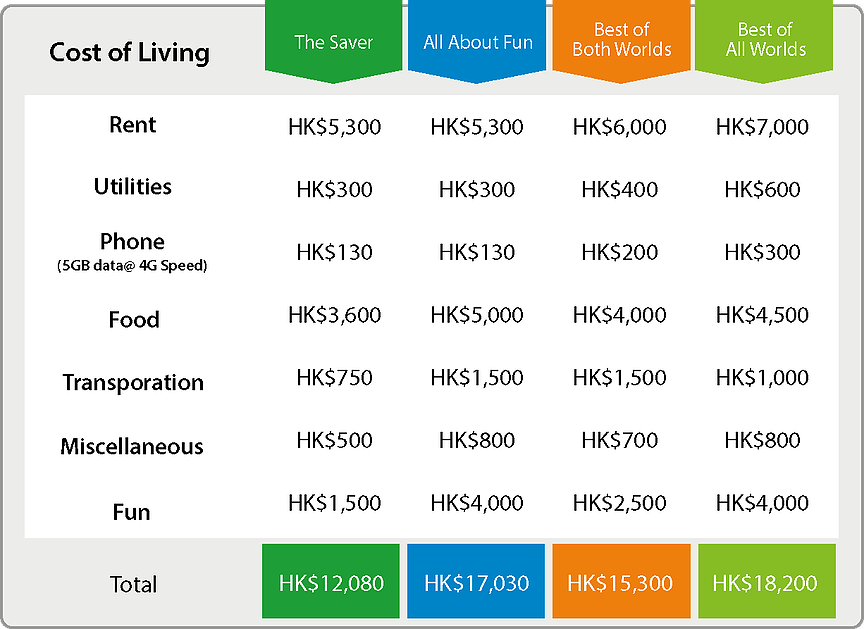
Accommodation Cost
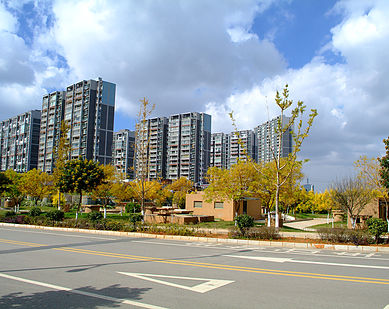
The majority of the Macanese nationals and expat workers in Macau live in rental accommodations. These include real estate agencies that a certain property is listed with, which prospective tenants can directly contact to arrange a viewing. The average deposit for new tenants is three-four months’ worth of rental. Those who sign a rental agreement of one year will be charged with one month worth of rent to renew the contract. Several rental accommodations in Macau already come furnished with beds, couch, television, TV stand, dining tables and chairs, coffee table, wardrobe and washing machine. However, a lot of apartments do not have an oven, so tenants will have to buy it for themselves.
Transportation
Ferry
With the opening of subway line 1 in September, 2010, Chengdu subway system commenced the rail transit history in western China. Line 2 started to operate on 16th September, 2012, and all stations had been opened by 26th October, 2014. Line 4 connects Wannianchang and Intangible Cultural Heritage Park and contains 16 stations.
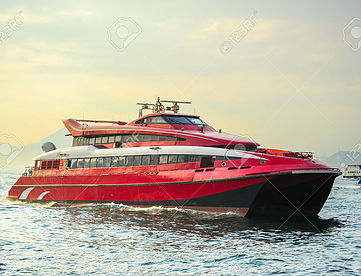
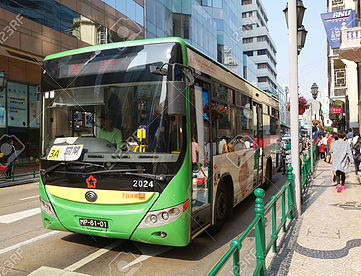
City Bus
Public bus services extend in all directions. You can get to most of places, especially sights inside the city, by bus. Common public buses charge CNY 1, while those with air-conditioners charge CNY 2. Take small change as there are no conductors on many of the buses.
Taxi
This city has several main coach stations transfering passengers within or outside Sichuan Province, including General Bus Station (Wugui Bridge Bus Station), Xinnanmen Bus Station (Tourism Bus Center), Chadianzi Bus Station, Airport Bus Station, East Railway Station Bus Station, Beimen (North Gate) Bus Station, and Wukuaishi Bus Station.
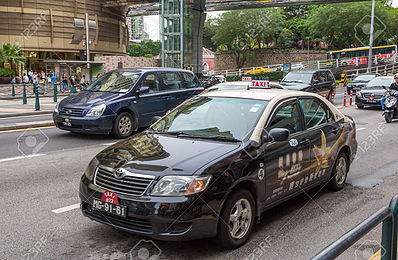
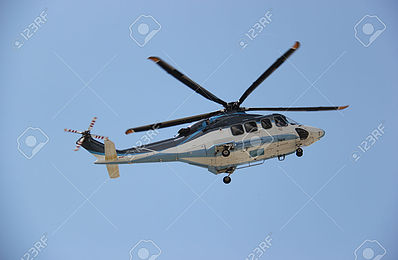
Helicopter
Helicopter Express is the most convenient and fastest connection between Macau and Hong Kong, with about 16 minutes flying time. From Macau to HK, flights are available from 09:00 to 22:30 and from HK to Macau, flights are available from 09:30 to 22:59. Flights depart every 30 minutes and passengers should arrive at the passenger lounge at least 15 minutes before flight time.
Food
Macanese cuisine is unique to Macau, and consists of a blend of southern Chinese and Portuguese cuisines, with significant influences from Southeast Asia and the Lusophone world. … Macau is renowned for its flavour-blending culture, and modern Macanese cuisine may be considered a type of fusion cuisine.
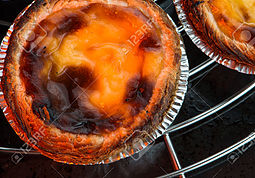
Pastel de nata
The simple recipe has had various alterations in the Portuguese pastelarias (pastry shops) and padarias (bakeries), in the shape of the pastry cup and the filling. Some prefer the cream slightly “curdled” to give it a rustic appearance and unusual texture.
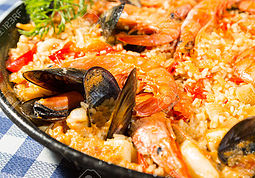
Portuguese seafood rice
Portuguese seafood rice is the soupier cousin of its Spanish and Italian counterparts.
The highlight is not the succulent mussels nor the giant prawns but the comforting soupy rice stewed with a bunch of other ingredients in the tomato seafood broth.
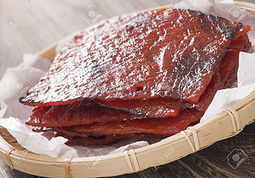
Almond cookies and sweet pork jerky
These two items are often sold by the same vendor, and are found everywhere.
One the best known places to buy them is Koi Kee Bakery, with numerous branches. Its almond cookies are baked on the premises, and have a gritty texture and nutty flavor, made with mung bean flour. A slight saltiness prevents them from being too sweet.






